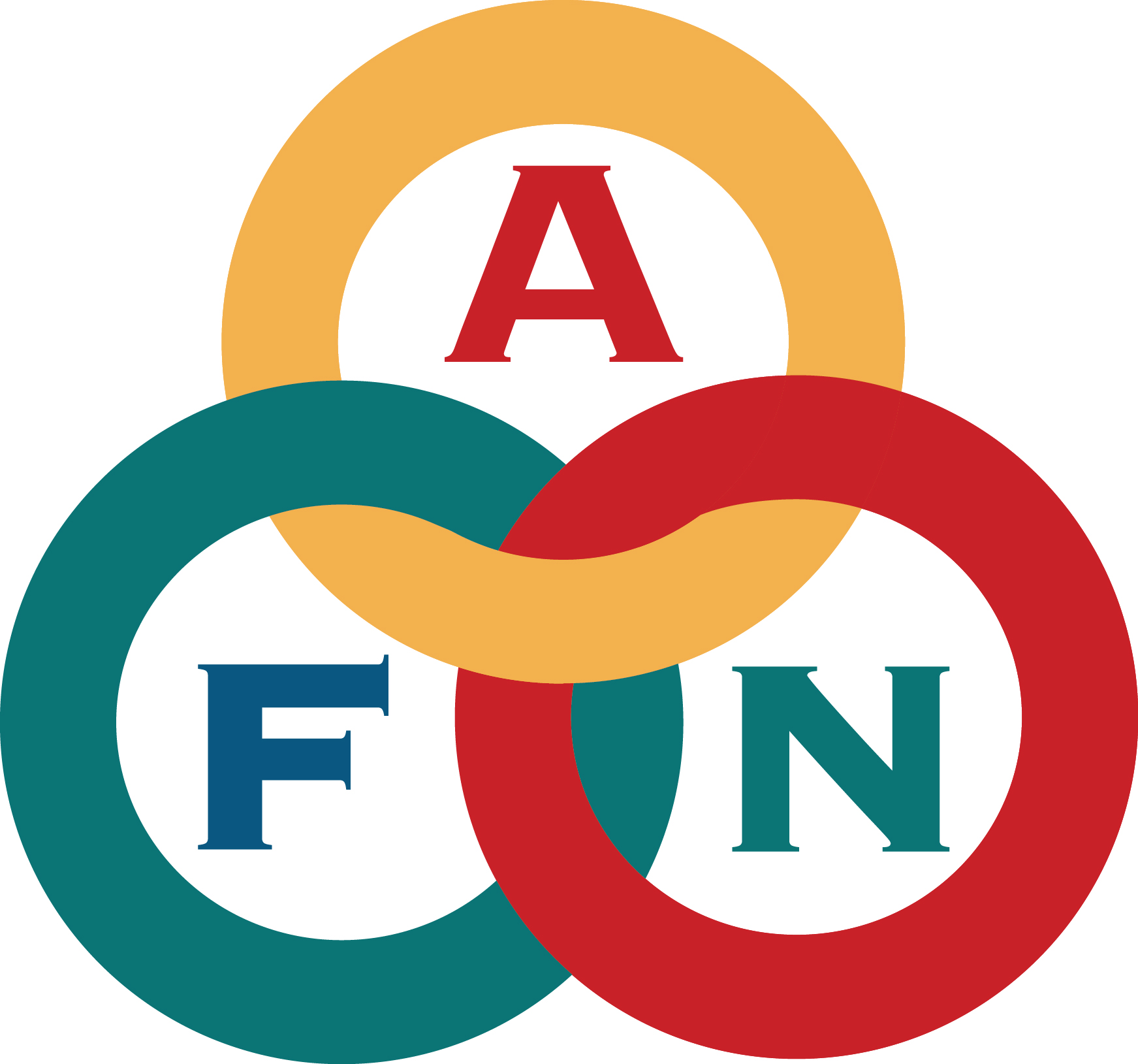Washington, D.C. – Alaskan Congressman Don Young, Chairman of the House Natural Resources Subcommittee on Indian and Alaska Native Affairs, today convened a legislative hearing to consider H.R. 3110, the Huna Tlingit Traditional Gull Egg Use Act, which would create a subsistence gull egg harvest in the Glacier Bay National Park for members of the Hoonah Indian Association and resolve a longstanding subsistence concern.
“For the Huna Tlingit people, gull egg harvesting is an important part of their connection with their homeland,” said Congressman Don Young. “There are members of the tribe who have living memories of collecting these gull eggs in Glacier Bay well before the practice was prohibited. These individuals, and members of the tribe who have never had the opportunity to collect eggs in Glacier Bay, deserve the right to participate in a harvest. Today sets the stage for ensuring this will happen.”
Today’s hearing included testimony from Robert Starbard, Hoonah Indian Association’s Tribal Administrator, who expressed strong support for the legislation that would once again allow the Huna Tlingit people the ability to harvest traditional foods. The bill allows for the collection of certain types of gull eggs twice a year by tribal members, in designated areas of the National Park. Harvests would be ecologically sustainable and uphold an important cultural practice of the Huna Tlingit people. The hearing also signifies a first step towards passage of H.R. 3110 in the House of Representatives, and the first opportunity this Congress for the tribe to offer testimony in person on the legislation, which is supported by the National Park Service. Hoonah Indian Association’s Robert Starbard offered these words today during his testimony:
“Like most traditional hunting and gathering activities of the Tlingit people, the collection and consumption of gull eggs was and remains an integral part of Tlingit culture,” said Starbard. “It is a part of an annual cycle of renewal marking the return of spring. Glacier Bay was valued as the “breadbasket” of the Xuna Kawoo; eggs are a healthy springtime food and egg harvesting activities provide opportunities for family bonding, inter-generational learning, and connection to homeland.”
Glacier Bay National Park and Preserve is part of the traditional homeland of the Huna Tlingit, who traditionally harvested eggs at gull rookeries in Glacier Bay prior to establishment of the park. Egg collection was curtailed in the 1960s as both the Migratory Bird Treaty Act and National Park Service regulations prohibited the activity. The Migratory Bird Treaty Act was later amended to allow for the creation of Alaska Native subsistence harvests in parks.
Congressman Young has worked to address this issue in the past, having introduced earlier versions of the Huna Tlingit Traditional Gull Egg Use Act. Senator Murkowski has sponsored companion legislation, S. 156, and successfully moved the bill through the committee process. S. 156 currently awaits consideration on the Senate floor.
Click here to watch the full testimony by Hoonah Indian Association’s Tribal Administrator, Robert Starbard.

